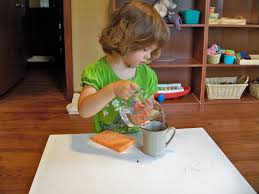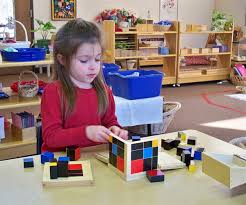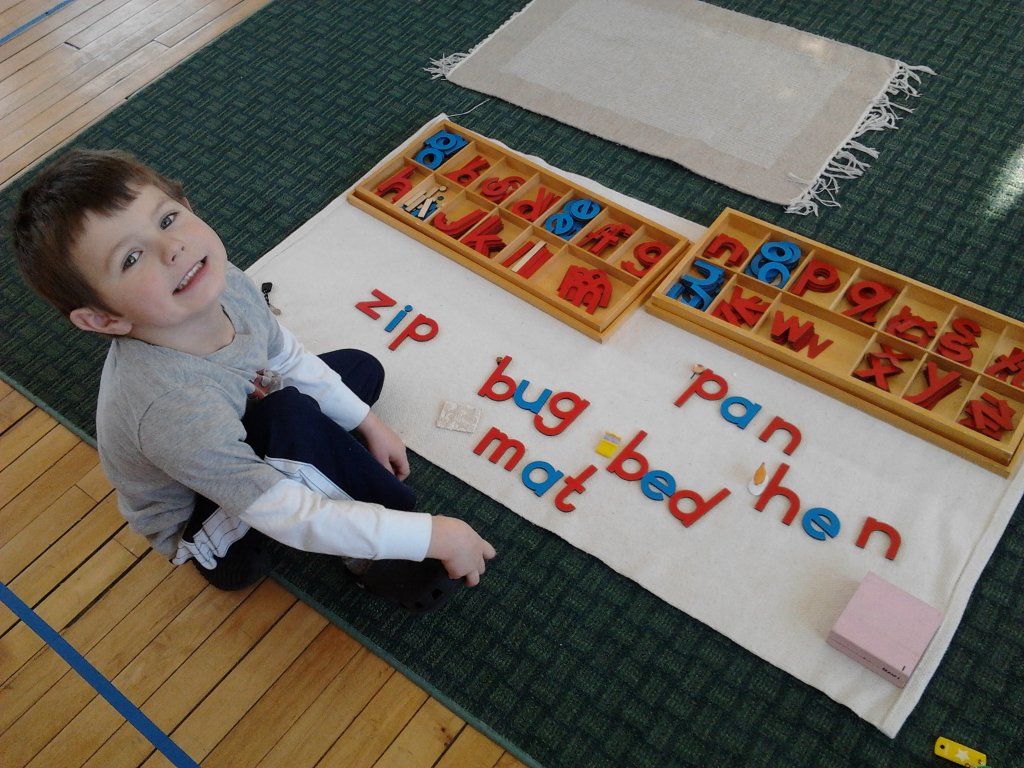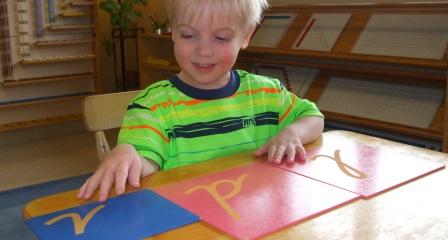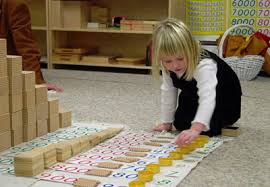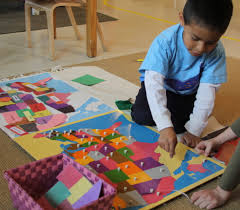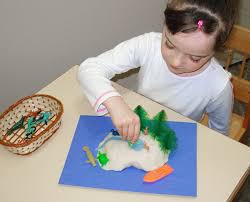
Early Practical Life (EPL) activities are fundamental experiences in Montessori education that support young children in gaining the independence, focus, and self-assurance they need. Children can participate in real-life experiences that foster physical, mental, and emotional development through these activities, which are made to resemble daily work.
The purpose and aim of Practical Life is to help the child gain control in the coordination of his movement, and help the child to gain independence and adapt to his society. Practical Life Exercises also aid the growth and development of the child’s mental power and concentration and will in turn also help the child develop an orderly way of thinking.
Montessori stated that at each plane of development there is a sensitive period for different skills and activities. It is critical that proper stimulation be provided as nature intended. A child enters the Children's House (Montessori preschool) around the age of three. It is here where the Work of the Family, known as Practical Life activities, provides an introduction and smooth transition to the Montessori school by linking the activities that the child is familiar with at home to the school environment.
Children at this age enjoy, and even prefer, spending their time helping adults with their activities. When allowed to do so, the child learns that his contributions are of value, thus boosting his self-esteem and independence. He enjoys and should be encouraged to use child-size replicas of adult tools. In short, the direct aim of Montessori Practical Life activities is to help develop social skills and independence. Indirectly, Practical Life activities develop fine motor skills, as well as strengthening intellect, concentration, and personal will.
Practical Life Exercises can be categorized into four different groups:
(1. Preliminary Exercises
a. Basic Elementary Exercises
b. Elementary Exercises
c. Higher Elementary Exercises
(2. Exercises of Personal Care
(3. Exercises of Care of the Environment
(4. Grace and Courtesy Exercises

